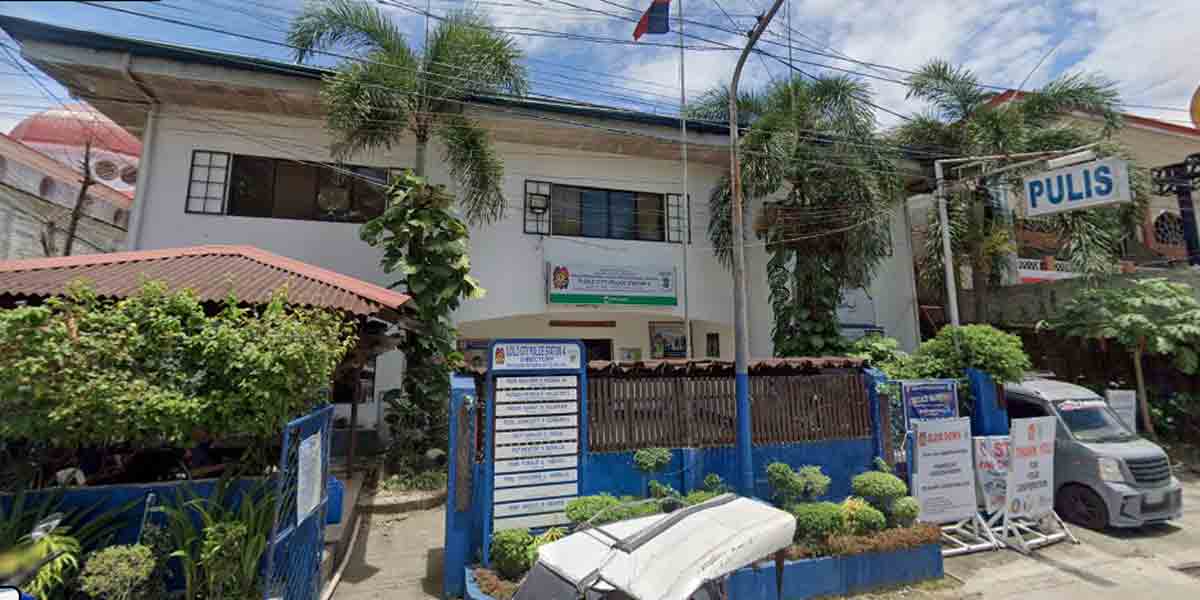
By Joseph B.A. Marzan
One of the country’s prominent and respected historians on Tuesday told Ilonggos to keep history relevant to the country and its people, amid a wave of historical distortion that sprouted since the 2016 elections.
Prof. Ambeth Ocampo, a foremost scholar of the life and works of national hero Jose Rizal, was at the Iloilo Provincial Capitol for a short talk dubbed “History Hindi Tsismis,” which is the second iteration of Santa Barbara town government’s ‘Kahilwayan History Talk’.
Ocampo’s discussions included both known and uncommon parts of the country’s history, imprisonment and execution methods, housing styles, disproven rumors about Rizal, and the Code of Kalantiao, for which he said that some people in Aklan still believe despite being debunked.
A significant part of the discussion was how Philippine history was being viewed in the current context, particularly the changing of historical perceptions under the Ferdinand Marcos Sr. regime, and his banter with social media users over political histories.
Ocampo said that the push to change the narrative of that era should not be considered “historical revisionism”, but rather distortion because the intent and the resulting outputs were not for the good.
Ocampo said battling disinformation, especially when it comes to history, was a collective effort and cannot be done alone.
He emphasized creative expressions of documented history, including films such as “Bonifacio: Ang Unang Pangulo”, “Heneral Luna”, and “Goyo”, and TV series such as “The Crown” and “Maria Clara At Ibarra,” saying that these should not be treated as genuine histories.
He also mentioned the recent controversy involving contestants of the reality show Pinoy Big Brother who mentioned the Filipino martyr priests Mariano Gomez, Jose Burgos, and Jacinto Zamora as ‘MaJoHa’, rather than the ‘GomBurZa’ moniker which had been taught in schools.
“We cannot stop disinformation by ourselves. But collectively, we can stem the tide with critical thinking civil prevalence,” Ocampo said.
“[Historical films and series are] not doctoral dissertations, so you watch them as films. The thing here is, it takes on a life of its own. […] What should we ask ourselves? How do we remember the past? What do we remember? What should we remember? More importantly, what should we forget?” he added.
He highlighted how 2022 has a significant part in the country’s history as it marked the 150th anniversary of the GomBurZa execution and the 50th anniversary of the declaration of Martial Law by Marcos Sr.
He said collective action can keep history alive amid current challenges.
“History is more than memorization. History is about understanding, it’s about being able to extract from the past something useful for the present. It is being able to know in detail so that we can understand it,” he said.
The historian also noted that modern-day historians would have a more difficult experience recording history without printed materials, citing the lesser difficulty in gathering information about Mr. Rizal because it was heavily documented.
“Getting [Rizal’s] history is easy in the sense that almost all the documentation is there, but the historian of the 21st century will have a hard time because the primary sources are not on paper. If Rizal had a smartphone, Ambeth Ocampo would get no career. He couldn’t have led us through 25 volumes of writing,” he said.
Ocampo somehow agreed with the quote “History is written by the victors,” saying that it tends to be biased, but stopped short of completely affirming the statement.
He cited the Philippine Revolution against the Spanish colonizers, where written documents painted Filipinos who fought back as “subversives” and “revolutionaries”.
“History always has a point to be very biased in the way that it has a point of view. But with history, is our truth. History is written by the victors, but it is not completely true,” he stated.
“While it is written by victors, we are able to turn it around with the pen. History is always about the truth. It is always finding what is closest to the truth. Until a time machine is invented, we cannot really know the truth,” he added.
He also advised the students and teachers who were in the audience to ask questions to be able to eke out the exact answers, especially in the context of teaching and learning history.
The Kahilwayan History Talk is spearheaded by the municipal government of Santa Barbara in cooperation with the Iloilo provincial government.



















